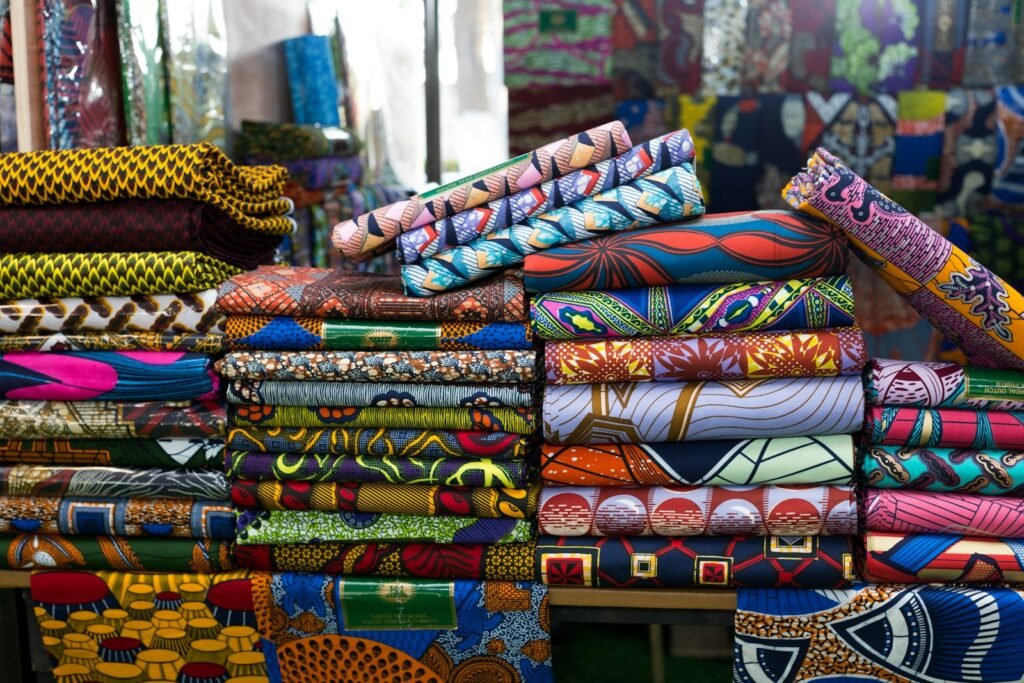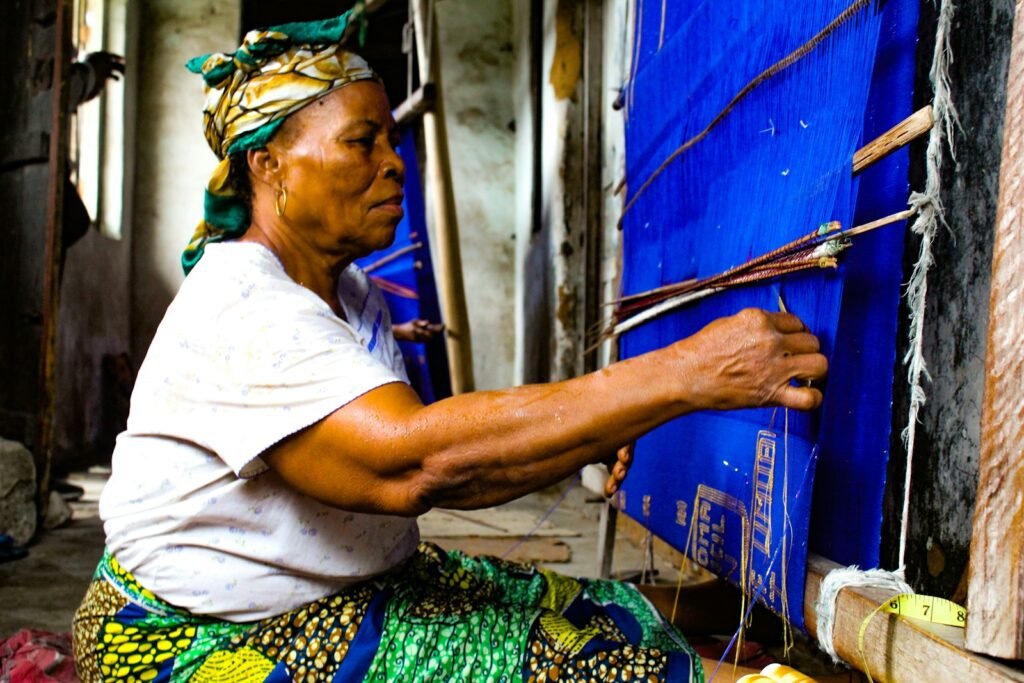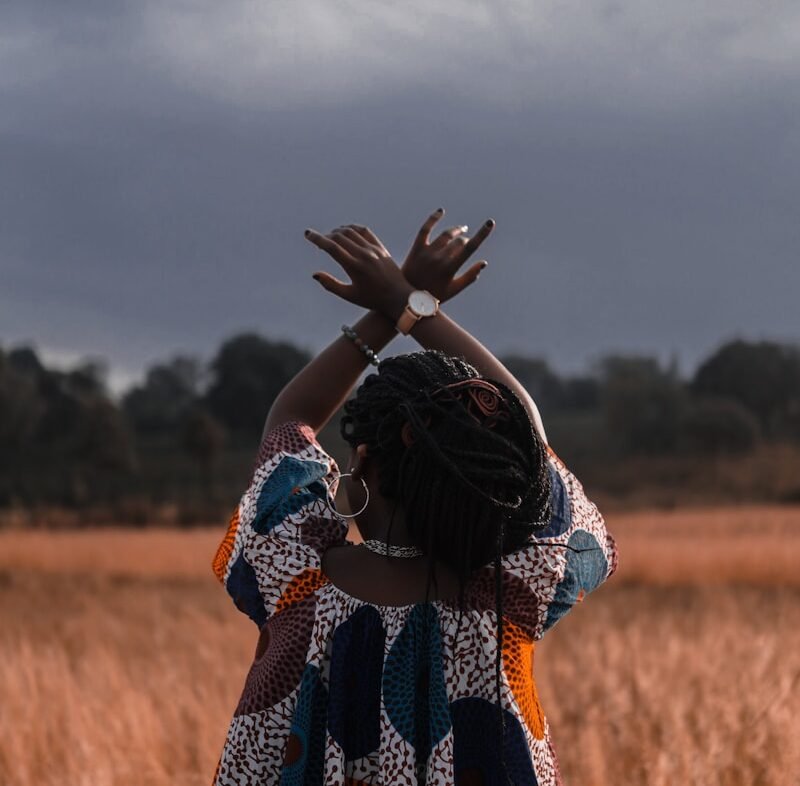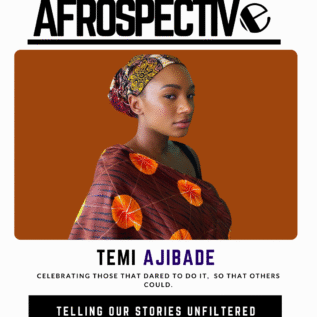When Fashion Speaks Truth to Power
What if your outfit wasn’t just about style, but a statement of identity, protest, and power? In Africa and across the diaspora, clothing has always carried meaning beyond the aesthetic. From the bold prints of Ankara to the sacred elegance of the boubou, African fashion is a canvas of resistance. As AfroNouveau voices reclaim their cultural space globally, fashion becomes more than a trend—it becomes a political act.
Fashion as Resistance: A Historical Perspective
Colonial powers once imposed dress codes to erase indigenous identities and enforce assimilation. But Africans resisted. Enslaved Africans braided escape routes into their hair. During apartheid, South Africans used traditional dress to subvert uniformity. In Ghana, the Kente cloth became a visual declaration of independence. Fashion has long served as a silent but powerful protest.

As Kenyan political scientist and Pan-Africanist PLO Lumumba puts it, “African attire is not just clothing, it is a form of cultural self-assertion.” To dress Afrocentric is to declare, “I remember who I am.”
Contemporary AfroNouveau Designers Leading the Movement
Today, designers across Africa and the diaspora are reclaiming fashion as a tool for activism, dignity, and economic sovereignty:
- Thebe Magugu (South Africa): Using fashion to tell stories of womanhood, politics, and memory, his pieces often highlight South Africa’s post-apartheid realities.
- Lisa Folawiyo (Nigeria): Known for transforming traditional Ankara into modern silhouettes, Lisa champions African craftsmanship on global runways.
- Kenneth Ize (Nigeria): His use of locally woven Aso-oke fabric is a statement of both sustainability and cultural celebration.
- Sarah Diouf (Senegal/France): With her brand Tongoro, Diouf is democratizing African fashion by making high-quality pieces affordable and accessible.
These AfroNouveau creatives are not just dressing bodies—they are re-dressing narratives.
The Symbolism Behind the Seams

African fabrics and fashion carry layers of symbolism:
- Kente Cloth (Ghana): Each color and pattern communicates values like peace, strength, and unity.
- Adire (Nigeria): The indigo-dyed fabric has roots in Yoruba spirituality and has become a marker of identity and pride.
- Shuka (Maasai, Kenya/Tanzania): The red cloth represents protection and bravery, often worn during rites of passage.
By choosing to wear these, AfroNouveau individuals signal not only personal pride but collective memory. Fashion becomes an archive.
Diaspora and Digital Platforms: Amplifying Resistance

Through social media and digital platforms, African fashion as resistance now travels farther and faster than ever:
- Hashtags like #BlackIsKing, #WearYourCulture, and #MadeInAfrica fuel visibility.
- TikTok and Instagram showcase traditional garments remixed with urban flair.
- Afrocentric fashion blogs and YouTube channels offer styling tutorials grounded in history and purpose.
In a digital-first world, young Africans are reasserting control over representation. They are not waiting for permission to be seen.
Challenges: From Cultural Appropriation to Industry Gatekeeping
While African fashion gains global traction, the journey is not without friction:
- Cultural Appropriation: Western brands often borrow African aesthetics without acknowledgment or compensation.
- Unequal Capital Access: Many African designers struggle to scale due to lack of funding.
- Stereotyping: The global market still sees African fashion as “exotic” rather than essential.
Yet these challenges have sparked greater advocacy, with AfroNouveau designers creating collectives, hosting fashion weeks, and building direct-to-consumer models.
Conclusion: Wear Your Resistance
To be AfroNouveau is to understand that fashion is not frivolous. It is political. It is powerful. It is protest. Every headwrap, pattern, and thread woven into African fashion tells a story of survival, creativity, and pride.
As more Africans and diaspora communities embrace traditional and contemporary African dress, they are doing more than making fashion statements—they are reclaiming narratives.
So next time you put on Ankara or kente, ask yourself: what story am I telling?
Let it be one of resistance, reclamation, and AfroNouveau pride.










